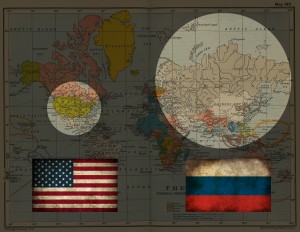Both interviews that Donald J. Raleigh performed struck me to have very different perceptions. The two interviewees definitely represented different attitudes towards the subject of their lives, but this was mainly due to their backgrounds, Gennadii Viktorovich Ivanov definitely gave the feeling that he had “formulated his answers specifically” for the interview and was careful of what information he disclosed, but one would expect a policeman or an operative to act in such a way. Natalia P. on the other hand seemed to be less careful and cautious in what she said in the duration of her interview. Both Gennadii and Natalia seemed to agree in that they did not consider themselves as to be apart of a “lost generation”.
Natalia Pronina discusses the way in which she participated in activities that made her youth-self different from the generations after her. She explains that her generation expressed much more freedom and expressiveness, which adults at the time did not like and were not used to, she says ”the next generation no longer subordinated themselves to her” (regarding her director who rejected her short skirt). She referred to her life as a normal life, where she was in a comfortable and happy situation, although she mentions she both lost and gained certain things throughout her time growing up. She explains the way her parents instilled both the sense of duty and responsibility into her in which today’s younger generation has no grasp on.
In regards to the way he grew up, Gennadii Ivanov explains it to have been much like the way his parents grew up, especially considering their views. He makes no complaints in the way he grew up and like Natalia seems to have expressed a comfortable upbringing. Gennadii does share the same opinion as Natalia, he does not consider his generation to be termed a lost generation, but considers later generations to be lost. He also explains the way in which people really did not care about things that are considered important now, including money.
Both interviewees seem to share the same views on their generation; they describe it be a place where they were comfortable where old views were still held and where new views were being developed. Overall they did seem to express a belief in a change in where society was headed.


